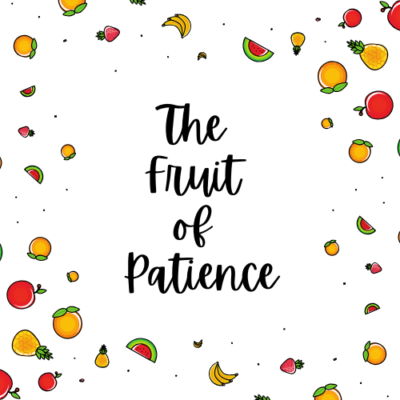Holy Spirit Agent of Change
April 22, 2023¡Posiciónese para Recibir!
April 28, 2023PROVERBS: GPS to a Better Life
Blog Series: Proverbs – Its Rhetorical Devices
PARALLELISM: Synthetic
Blog Three of Series
Synthetic: relating to or involving synthesis: not analytic.
Robert Lowth (1710-1787), an 18th-century Anglican bishop and literary scholar, is noted for his analyses and commentaries on Hebrew poetry. During his Oxford professorship, he distinguished three types of parallelism in the Biblical text – namely, the Psalms. Two of the three types of parallelism Lowth distinguished were discussed in two of my previous blogs, which are synonymous and antithetic. In this blog entry, we’ll delve into the third one, which is synthetic.
Synthetic relates to synthesis, the process of combining two or more elements or parts to form a whole; therefore, this type of parallelism is the combination of ideas to create a complete thought. For example, in Proverbs 15:2, “The tongue of the wise adorns knowledge, but the mouth of the fool gushes folly” (KJV). The two contrasting ideas are combined to form one thought: the importance of using wisdom when speaking.
The contrast between the wise and the foolish use of language in this verse is clear. The tongue of the wise adorns knowledge; in other words, wisdom makes having knowledge beautiful and attractive. The opposite is that foolish words expose the speaker’s ignorance. According to The Passion Translation (TPT) footnote of this passage, the Aramaic reads, “The mouths of fools vomit a curse.” If the appeal of speaking kind words of wisdom isn’t enough incentive, then perhaps the vile taste of vomit will prove to be a more convincing incentive.
In conclusion, the juxtaposition in Proverbs 15:2 not only emphasizes the importance of using wisdom when speaking and highlights the consequences of failing to do so. Synthetic parallelism is a powerful literary device that King Solomon used, combining contrasting ideas to form complete thoughts to create memorable and impactful teachings that should resonate with you and me.
Next week’s blog is about “metaphors,” one of my all-time favorite rhetorical devices.
Questions for discussion:
- What are your thoughts on the following exerts from the blog?
- The opposite is that foolish words expose the speaker’s ignorance. According to The Passion Translation (TPT) footnote of this passage, the Aramaic reads, “The mouths of fools vomit a curse.”
- Synthetic parallelism is a powerful literary device that King Solomon used, combining contrasting ideas to form complete thoughts to create memorable and impactful teachings that should resonate with you and me.

Loretta Huggins, born and raised in San Francisco, CA, has served in the ministry with her husband, Larry Huggins since 1989: administrator, hostess, event planner, and teacher. She has traveled to eighteen countries. She is the co-founder and co-pastor of ZChurch.




